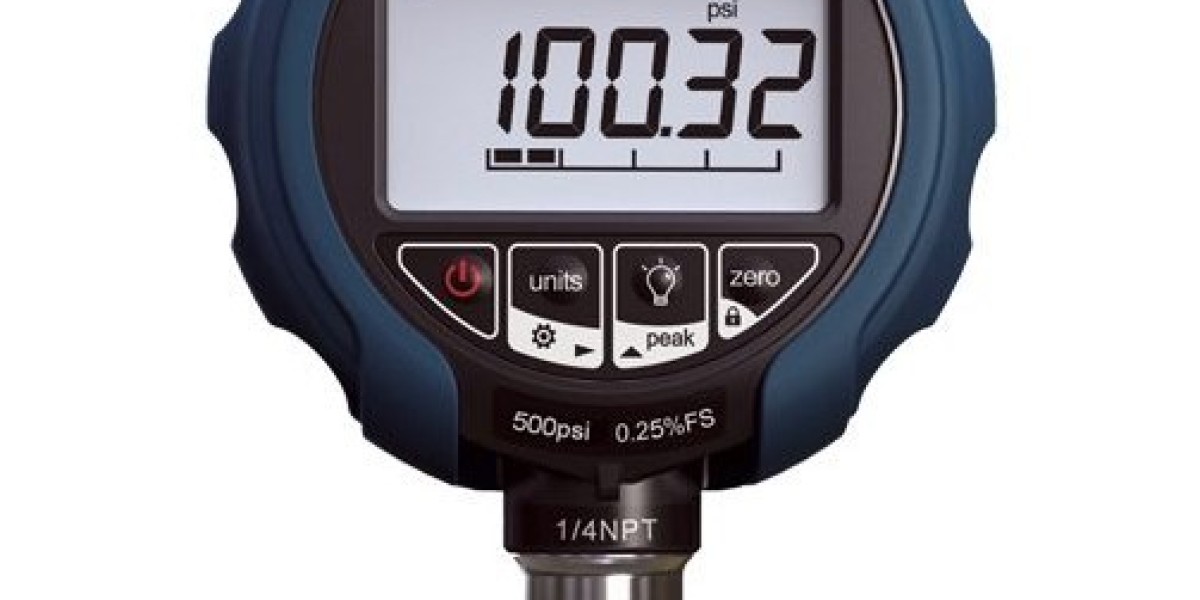When it comes to skincare, there’s no shortage of treatment options available, from facials and chemical peels to laser therapies and microneedling. Among these, Dermapen has become increasingly popular for its ability to target a wide range of skin concerns in a minimally invasive manner. However, like any cosmetic procedure, Dermapen isn’t right for everyone. In this blog, we’ll explore the factors you should consider before deciding if Dermapen is the right treatment for you, including your skin type, concerns, goals, and lifestyle.
What Is Dermapen?
Dermapen ديرمابين is a form of microneedling, a technique that involves the use of tiny needles to create controlled micro-injuries in the skin. These tiny punctures stimulate the body’s natural healing process, prompting an increase in collagen and elastin production. This process can help improve the texture, tone, and overall appearance of the skin, making it an effective treatment for issues like acne scars, fine lines, wrinkles, and enlarged pores.
Dermapen is a versatile device, which allows practitioners to adjust the depth of the needles, making it suitable for various skin concerns and types. The treatment can be used on the face, neck, and other areas of the body, and the results are typically subtle, with a natural improvement in the skin’s appearance over time.
Factors to Consider Before Choosing Dermapen
Your Skin Concerns
The first thing to consider when deciding if Dermapen is right for you is the specific skin concerns you want to address. Dermapen is most commonly used to treat the following issues:- Acne scars: Dermapen can significantly reduce the appearance of acne scars by promoting collagen production and breaking down scar tissue.
- Fine lines and wrinkles: As we age, collagen and elastin production naturally declines. Dermapen stimulates the skin’s collagen production, reducing the appearance of fine lines and wrinkles.
- Uneven skin tone and texture: Whether it’s hyperpigmentation, sun damage, or rough skin texture, Dermapen helps smooth the skin’s surface and promote an even skin tone.
- Enlarged pores: Microneedling can help tighten the skin, reducing the appearance of enlarged pores.
If any of these concerns resonate with you, Dermapen could be an effective solution. However, if you're dealing with more serious skin issues (e.g., active cystic acne or deep wrinkles), it may be worth consulting a professional to see if Dermapen is the most suitable option.
Your Skin Type
Dermapen is suitable for most skin types, including oily, dry, and combination skin. It’s also safe for darker skin tones, as it has a lower risk of causing hyperpigmentation compared to some laser treatments. However, there are certain conditions where Dermapen may not be recommended. These include:- Active acne: If you have inflamed or cystic acne, microneedling could worsen the condition. It’s best to wait until the acne is under control before undergoing treatment.
- Sensitive or irritated skin: If your skin is highly sensitive or experiencing a flare-up of conditions like eczema or rosacea, you should approach Dermapen with caution. It’s essential to discuss your skin’s health with a practitioner before deciding on treatment.
- Keloid scarring: If you are prone to developing keloid scars, microneedling may not be recommended, as the procedure could potentially trigger abnormal scarring.
Always consult with a skincare professional to assess your skin type and health before committing to Dermapen treatment.
Your Expectations and Goals
Dermapen is a fantastic option for those looking to improve the overall quality of their skin, but it’s essential to have realistic expectations. While results can be impressive, they tend to develop gradually over several weeks, and it may take a series of treatments to achieve the desired effect.If you're seeking dramatic, immediate results, Dermapen may not be the best choice, as the treatment provides natural, subtle improvements rather than a dramatic overhaul. However, if you're looking for a safe, effective way to rejuvenate your skin and address common skin concerns, Dermapen is an excellent option.
Your Pain Tolerance and Comfort Level
Dermapen is a minimally invasive treatment, but it can still cause some discomfort, especially if you have sensitive skin. While a topical numbing cream is applied before the procedure to minimize pain, some individuals may experience mild discomfort during the treatment, which typically feels like a slight prickling sensation.For those who are sensitive to pain, Dermapen may seem uncomfortable, but it’s generally well-tolerated. If you have concerns about pain or discomfort, speak with your practitioner, who may be able to adjust the procedure to increase your comfort.
Your Lifestyle and Downtime Preferences
One of the major advantages of Dermapen is that it involves minimal downtime. After the treatment, you may experience some redness, similar to a mild sunburn, which typically fades within a few hours to a day. However, you’ll be able to return to your normal activities almost immediately, making Dermapen ideal for individuals with busy schedules.If you are someone who has a busy lifestyle and cannot afford long recovery times, Dermapen is a great option. However, if you are someone who prefers treatments with little to no redness or swelling, it’s important to know that even though the downtime is minimal, some post-treatment redness is common.
The Frequency of Treatment
Another factor to consider is how often you’re willing to commit to treatments. While Dermapen is a relatively low-maintenance procedure, achieving optimal results often requires multiple sessions. Depending on your specific skin concerns, you may need a series of 3–6 treatments spaced 4–6 weeks apart to see the best results.If you’re seeking long-term improvements and are committed to a treatment plan, Dermapen is a great choice. However, if you’re looking for a one-time fix, it’s essential to keep in mind that results will be gradual and may require follow-up treatments to maintain.
Cost Considerations
Dermapen is a cost-effective treatment compared to more invasive procedures like laser treatments or surgery. However, the cost of Dermapen treatments can vary depending on your location, the provider, and the number of sessions required. It’s important to consider your budget and whether the long-term benefits of the treatment are worth the investment.While the cost of Dermapen is generally more affordable than other professional skincare treatments, it’s essential to keep in mind that multiple sessions are often needed for optimal results.
Conclusion
Dermapen is a versatile and effective skincare treatment that offers significant benefits for individuals looking to improve the appearance of their skin. However, whether it’s the right choice for you depends on several factors, including your skin concerns, skin type, lifestyle, and goals. It’s important to have realistic expectations and consult with a professional to determine if Dermapen is the best treatment for your unique needs. With its precision, minimal downtime, and ability to address a wide range of skin concerns, Dermapen is an excellent option for many individuals seeking professional skincare. If you’re considering Dermapen, a consultation with a qualified practitioner can help you decide if it’s the right treatment for you.









